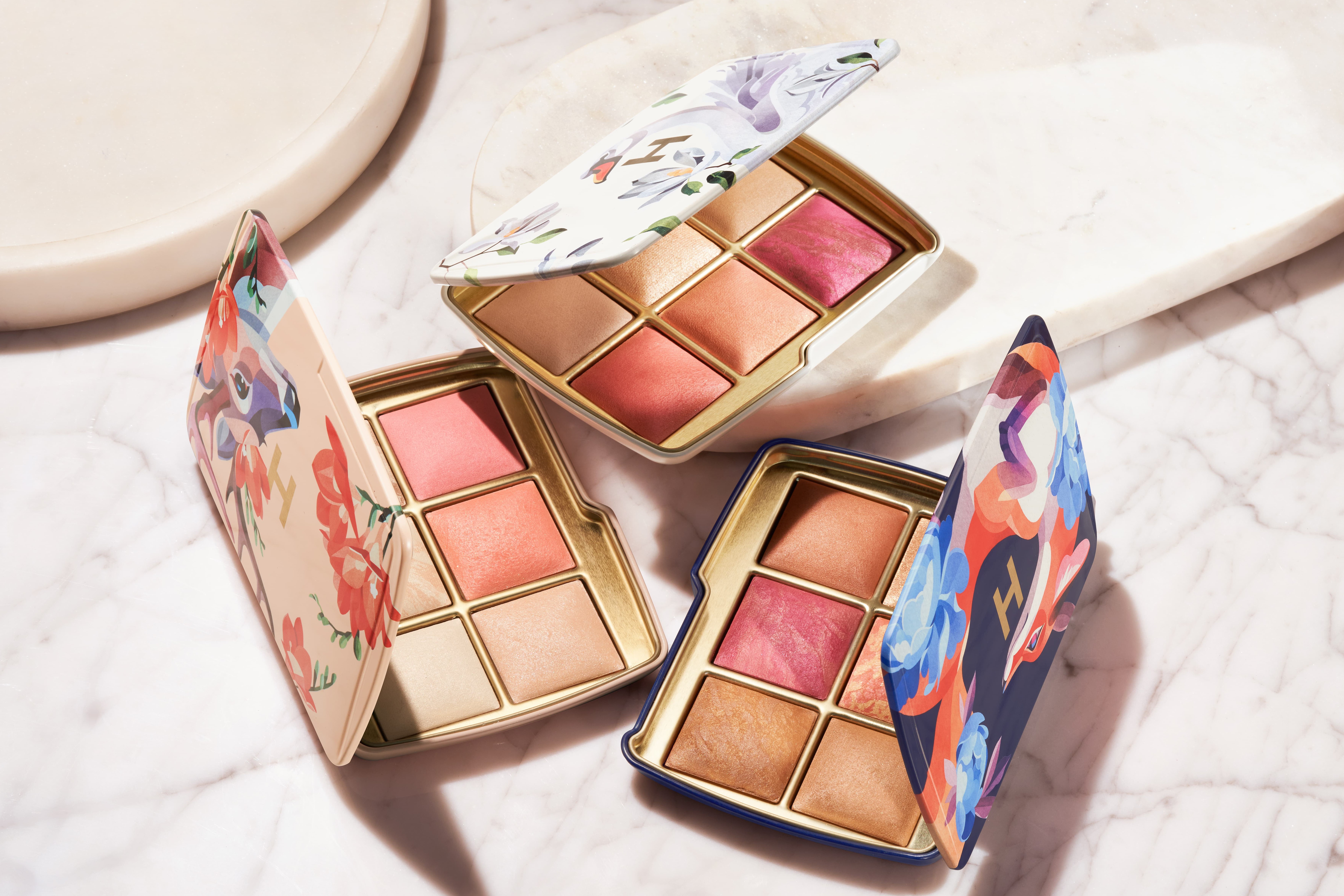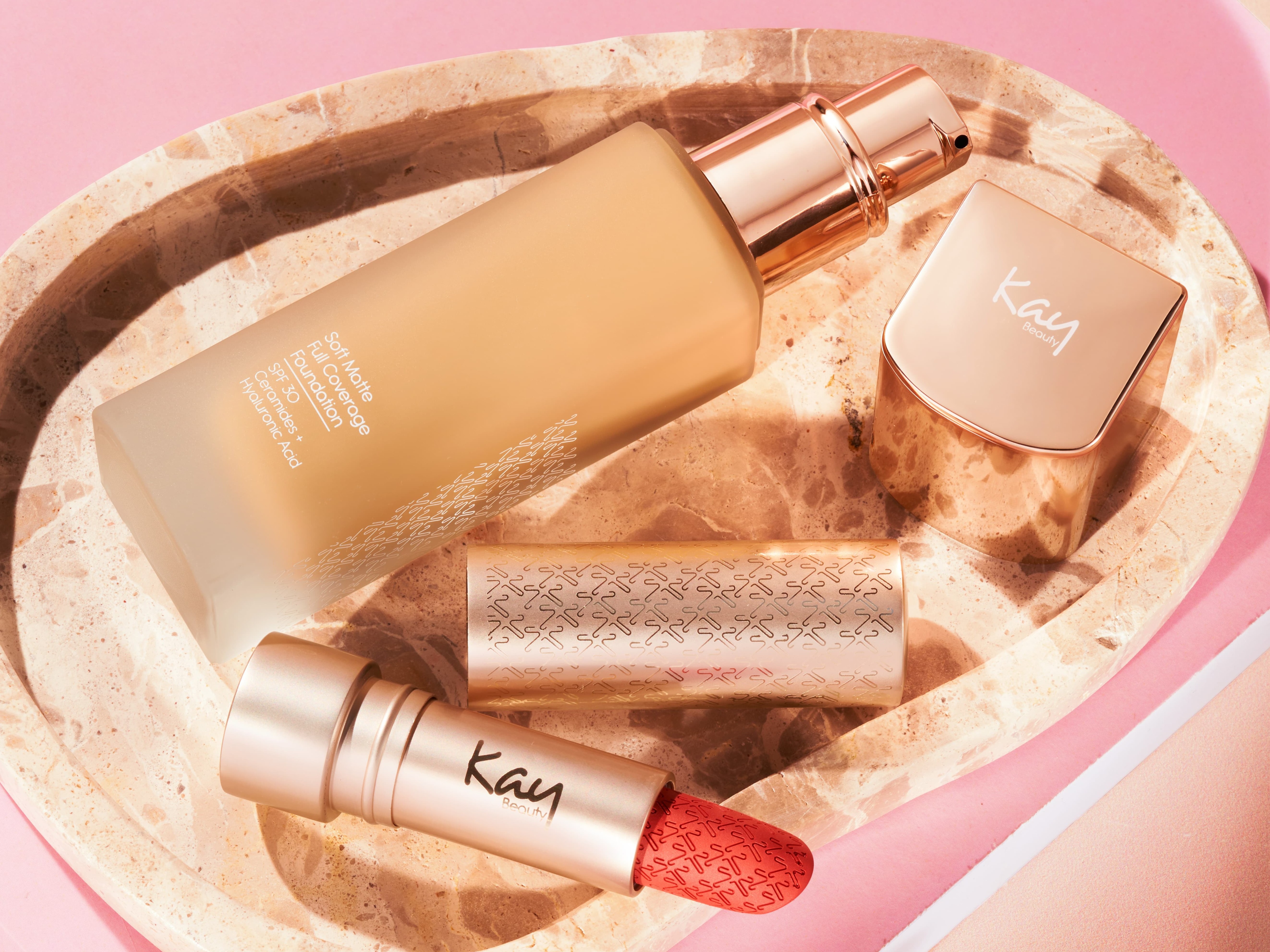Dr. Anjali Mahto On Dealing With Adult Acne

Adult acne is a complex skincare concern with varying degrees of severity and a whole host of triggers. We spoke to Dr. Anjali Mahto, consultant dermatologist at Skin55 about her personal experience and what she advises for anyone suffering with adult acne…
My Journey With Acne
In my younger years, I really abused my skin and constantly washed it to remove oil and greasiness, which led to irritation and spots. The acne I was experiencing was nodulocystic acne (small, inflamed red bumps) which was never going to respond with face washes and cleansers. After several failed attempts with prescribed topical creams and oral antibiotics from my GP, I visited a dermatologist who recommended isotretinioin (or roaccutane). My mum was worried about the side effects but after another unsuccessful bout of antibiotics, I underwent a course and was able to start university with clear skin.
Unfortunately, my acne journey didn’t end there. In my 20s I was diagnosed with polycystic ovarian syndrome (PCOS) and my acne returned. I’m now 41 and a consultant dermatologist which has allowed me to have a better understanding of acne. It’s a chronic condition which waxes and wanes over time but I don't dare hope, even doing the job I do, that there will ever be a permanent cure.
Adult Acne Is More Common Than You Think
As you can see from my own journey, I've had a long-standing relationship with acne. Those with adult acne tend to have higher treatment failure rates when compared with conventional acne medications, and we are starting to understand the psychological burden it can cause too. For me personally, acne has affected my confidence and self-esteem – particularly as people expect their dermatologist to have perfect skin. Over the years, I have learnt to live with my acne and accept that my skin will be up and down. Being careful with my own skincare routine helps and I’m conscious of not allowing how I feel about my skin take over my life.
The Acne-Fighting Ingredients To Look Out For
There is no fail-safe method of preventing acne as much of it comes down to your hormones and genetics, however there are some things that can help. Making sure you have a well thought-out and consistent skincare routine is a good start. It’s also worth keeping your diet in check and minimising stress levels. Do remember acne can still develop despite suitable lifestyle changes though. When it comes to skincare, there are some ingredients that can significantly help. These include, salicylic acid, benzoyl peroxide, niacinamide, vitamin A, sulphur, and tea tree oil. You can also use ingredients to help to calm inflammation and reduce the appearance or post-breakout marks and scars such as AHAs (glycolic acid, lactic acid, mandelic acid), vitamin C, azelaic acid and arbutin. All of these ingredients can be incorporated into cleansers, toners or serums deepening on your preference.
Finding A Routine That Works
Although it has become popular to use multiple products both morning and night, I opt for a pared-back approach. Without fail, I cleanse my skin twice a day with a cleanser that’s targeted towards oily and acne-prone skin like the . During the day, I’ll use an oil-free, gel-based moisturiser underneath SPF. At night, I thoroughly cleanse my skin and follow with a prescription-strength retinoid and glycolic serum on alternate nights. I find that less is ultimately more, and I avoid layering lots of products.
When To Seek Help
While acne is a treatable condition and can be managed with the right skincare, sometimes medical input is necessary. If your skin is getting considerably worse, starting to leave significant marks or, having an impact on your mental health, it’s time to speak to a medical professional. No one should have to suffer because of their skin and it’s not up to anyone else to underestimate how you feel or how it affects you.
Your GP should be your first port of call as they can help assess and diagnose. They may suggest various topical treatments and oral antibiotics. If an improvement isn’t seen after a certain period of time, they may refer you to a dermatologist to discuss other treatment options. If your finances allow, you can arrange to see a consultant dermatologist privately from the off. It can be easy to spend lots of time and money on skincare which may not work, so seeking professional advice early on can be a good idea.






